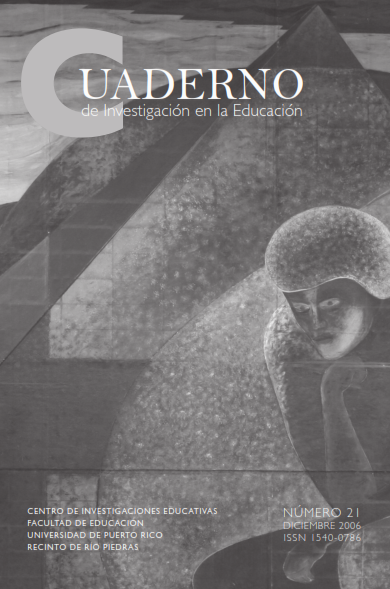Abstract
While we experience the dawn of the Nanotechnology Era, it is our duty to help our students become aware of the rapid transformations that the technological civilization will undergo in their lifetimes. New philosophical and sociological challenges will be derived from the societal transformations propelled by nanotechnology, and the tight relationship between access to technology and human fulfillment in life will have to be explored and discussed in great detail. It is therefore imperative that all students, whatever their major, learn about nanotechnology and become aware about its implications early in their lives. Such awareness will help them remain attentive to the fast developments that will take place as they grow and mature, which in turn will empower them to take the necessary steps to remain competitive in their professional lives. The stage is set for all members of the academia to join in and explore the multiple connections of nanotechnology to all aspects of human endeavor, and to lead the society into ethically harvesting and responsibly enjoying the many benefits that will be derived from it.
How to cite:
Santiago, L., & Morell, G. (2006). The need for promoting nanotechnology awareness in higher education. Cuaderno de Investigación en la Educación, 21, 91-102. Retrieved from https://revistas.upr.edu/index.php/educacion/article/view/13237
The contents published in the Puerto Rico Journal of Education is freely distributed under open access practices, in accordance with the Creative Commons license, Attribution-NonCommercial 4.0 International (CC BY-NC 4.0). Through these principles, the journal and its authors allow readers to access, reproduce and share articles in full text. Users should give credit to authors in a reasonable way without suggesting they have their support. Under no circumstances, readers may make use of the contents for commercial purposes. The authors retain copyright on their works.

